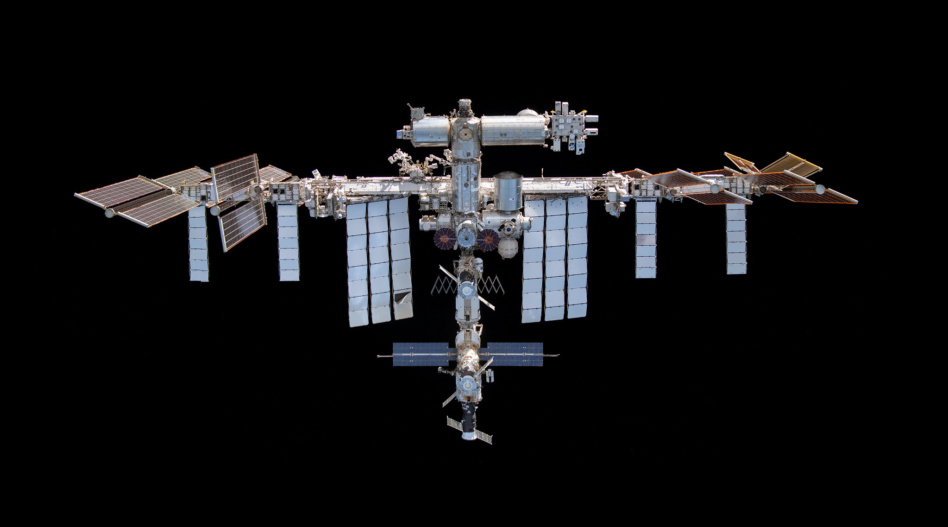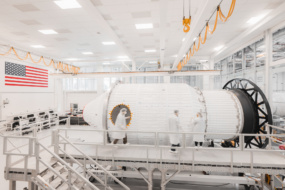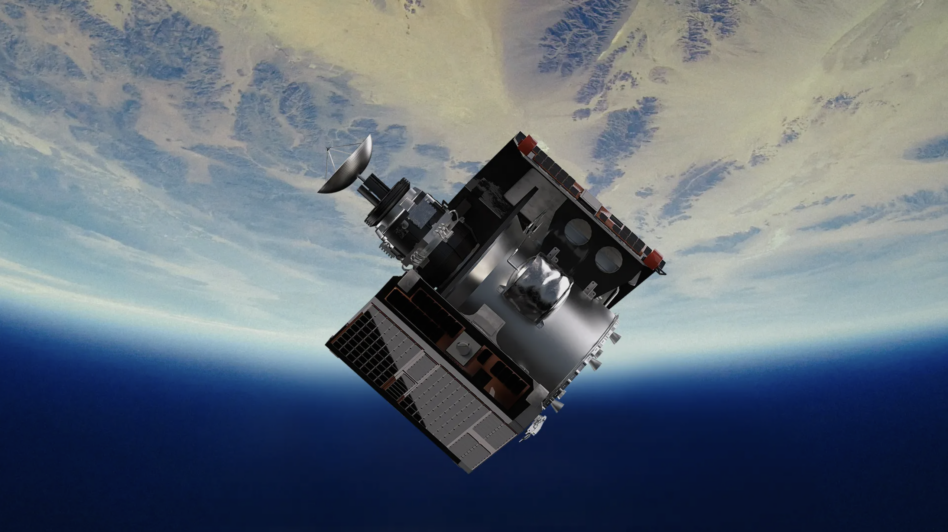Lawmakers raised concerns on Wednesday about the US leaving a leadership vacuum in LEO after the ISS is retired in 2030.
To try to get ahead of the problem, members of the House Science, Space, and Technology Committee passed an amendment to the NASA Reauthorization Act of 2024 that would require the space agency to report back on the risk posed by a potential gap in US access to LEO, plus how to prevent it.
More details: The amendment from Rep. Kevin Mullin (D-CA), which passed by voice vote, would require an answer from NASA within ~9 months of the bill passing. In remarks promoting the amendment, Mullin expressed concerns that a gap in LEO could put R&D at risk if commercial space stations aren’t ready to pick up the mantle after the ISS crashes into the sea.
Rep. Haley Stevens (D-MI) got another ISS-related amendment inserted into the bill that would ensure the orbiting lab is used to its full capacity for its entire lifespan. It would also require NASA to continue flying crew and cargo flights at least as often as it has over the past three years.
What’s next: The committee passed the bill, but it’s still TBD whether it will be considered on the House floor or the Senate.





